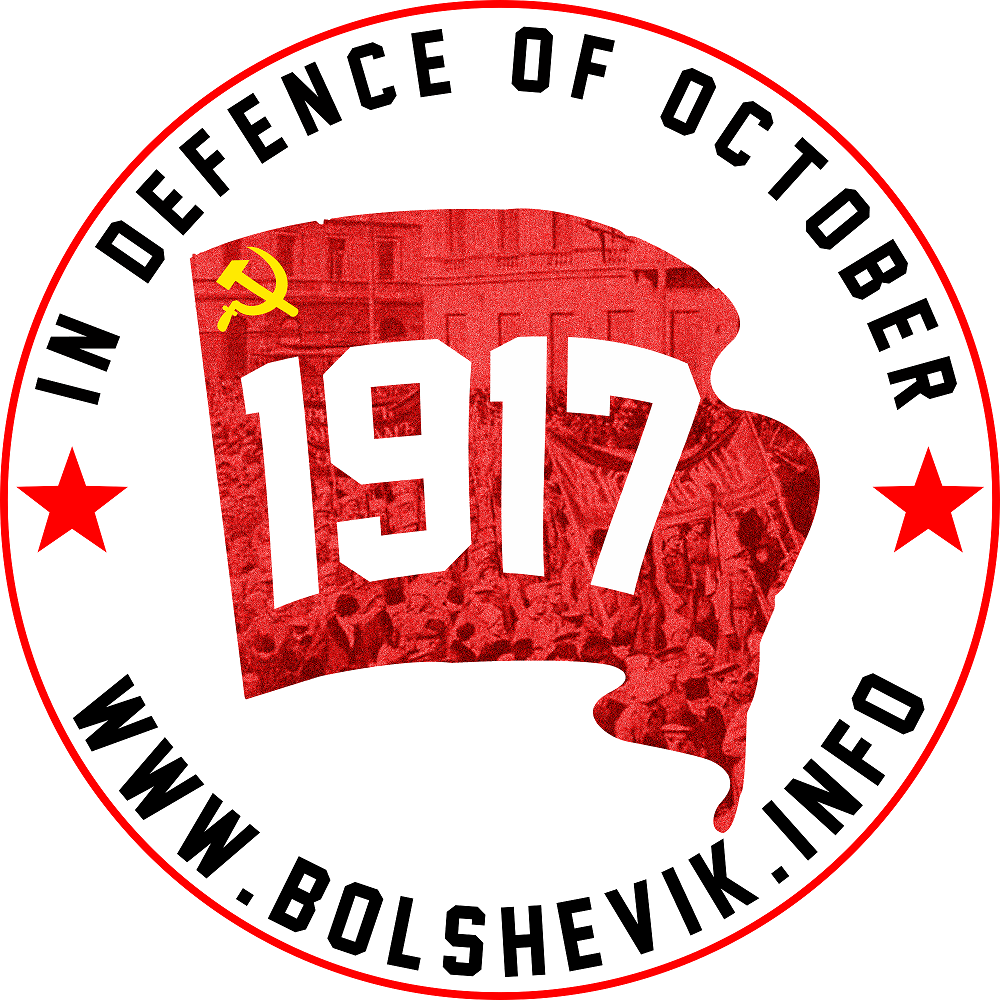IV
In his draft Comrade Sokolnikov makes two theoretical errors on the question of wars of an imperialist nature.
First, he does not give an appreciation of the present war. He says that the imperialist epoch generates imperialist wars. This is correct and should, of course, be stated in the programme. But this is not enough. Besides this it is necessary to say that the present war of 1914-17 is imperialist. The German Spartacus group in their "theses" published in German in 1915 advanced the proposition that in an era of imperialism national wars are impossible.[ 71] This is obviously a wrong assertion, for imperialism makes the oppression of nations more acute and, as a result, national revolts and national wars (attempts to draw a line of demarcation between revolts and wars are doomed to failure) are not only possible and probable but absolutely inevitable.
Marxism demands a very precise assessment of each separate war on the basis of concrete data. To evade the question of the present war by resorting to general discussions is wrong in theory and inadmissible in practice. This method is used as a screen by the opportunists, they use it for evasion. They say that imperialism is, in general, an epoch of imperialist wars, but this particular war is not wholly imperialist (thus argued, for instance, Kautsky).
Secondly, Comrade Sokolnikov links "crises and wars", as if they were a two-in-one companion of capitalism in general, and of modern capitalism in particular. On pages 20 and 21 of the Moscow pamphlet, he repeats the "crises and wars" combination in his draft three times. Here it is not only a question of the undesirability of repetitions in the programme. It is also a question of incorrectness in principle.
Crises in the shape of overproduction, or "cessation of the sale of commodities", if Comrade Sokolnikov insists on banishing the word overproduction, are phenomena exclusive to capitalism. But wars are also characteristic of the slave-owning and serf systems of economy. Imperialist wars also occurred in the period of slavery (the war between Rome and Carthage was on both sides an imperialist war), as well as in the Middle Ages and in the epoch of mercantile capitalism. A war is certainly imperialist if both warring sides oppress foreign countries or nationalities, and are fighting for their share of the loot and for the right to "oppress and rob" more than the others.
If we were to say that only modern capitalism, only imperialism, has brought imperialist wars in its wake, it would be correct, for the preceding stage of capitalism, the stage of free competition, or the stage of pre-monopoly capitalism, was characterised in Western Europe mainly by national wars. But if we were to say that in the preceding stage there were no imperialist wars at all, it would be incorrect. It would mean that we had forgotten the "colonial" wars, which are also imperialist. This is the first point.
And secondly, the linking up of "crises and wars" is particularly incorrect, for these are quite different phenomena of different historical origin and different class significance. For instance, it would be wrong to say, as Comrade Sokolnikov says in his draft, that "both crises and wars, in turn, mean still greater ruin for the small producers and increase the dependence of hired labour on capital. . .". For there could possibly be wars fought for the emancipation of hired labour from capital. In the course of the struggle of wage-workers against the capitalist class, wars of a revolutionary and not only of a reactionary-imperialist nature are possible. War is the continuation of the politics of this or that class; and in every class society, slave-owning, feudal, or capitalist, there have been wars which continued the politics of the oppressor classes and also wars which continued the politics of the oppressed classes. This is exactly why it would be wrong to say, as Comrade Sokolnikov does, that crises and wars show that the capitalist system is changing from a form of the development of productive forces into a hindrance to it".
It is true that the present imperialist war, by its reactionary character and the hardships it entails, revolutionises the masses and accelerates the revolution, and this must be stated. It is also true that imperialist wars in general are typical of an imperialist epoch, and this may be mentioned. But it would be wrong to say this about all "wars" in general, and, moreover, under no circumstances should crises and wars be tied up together.

